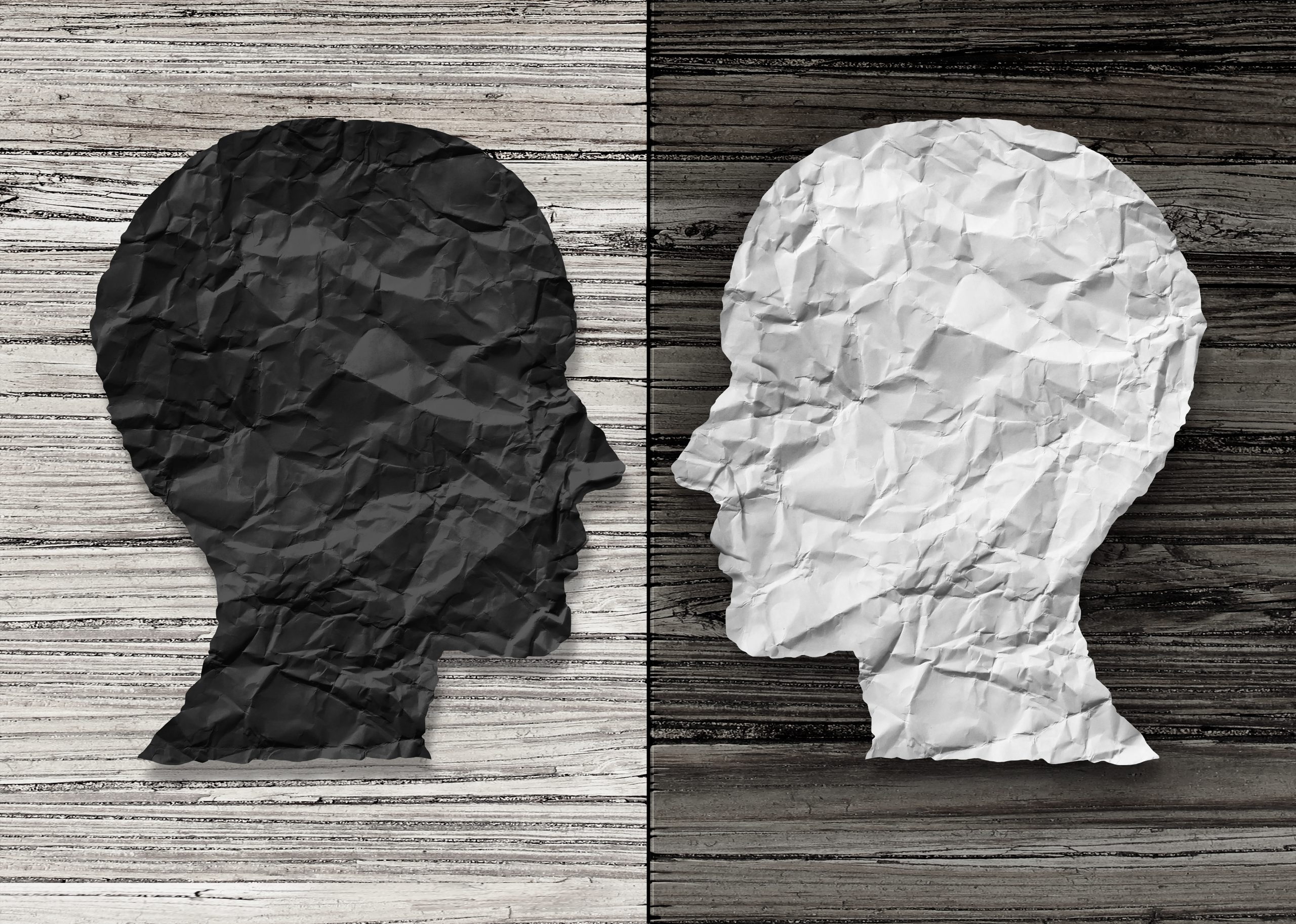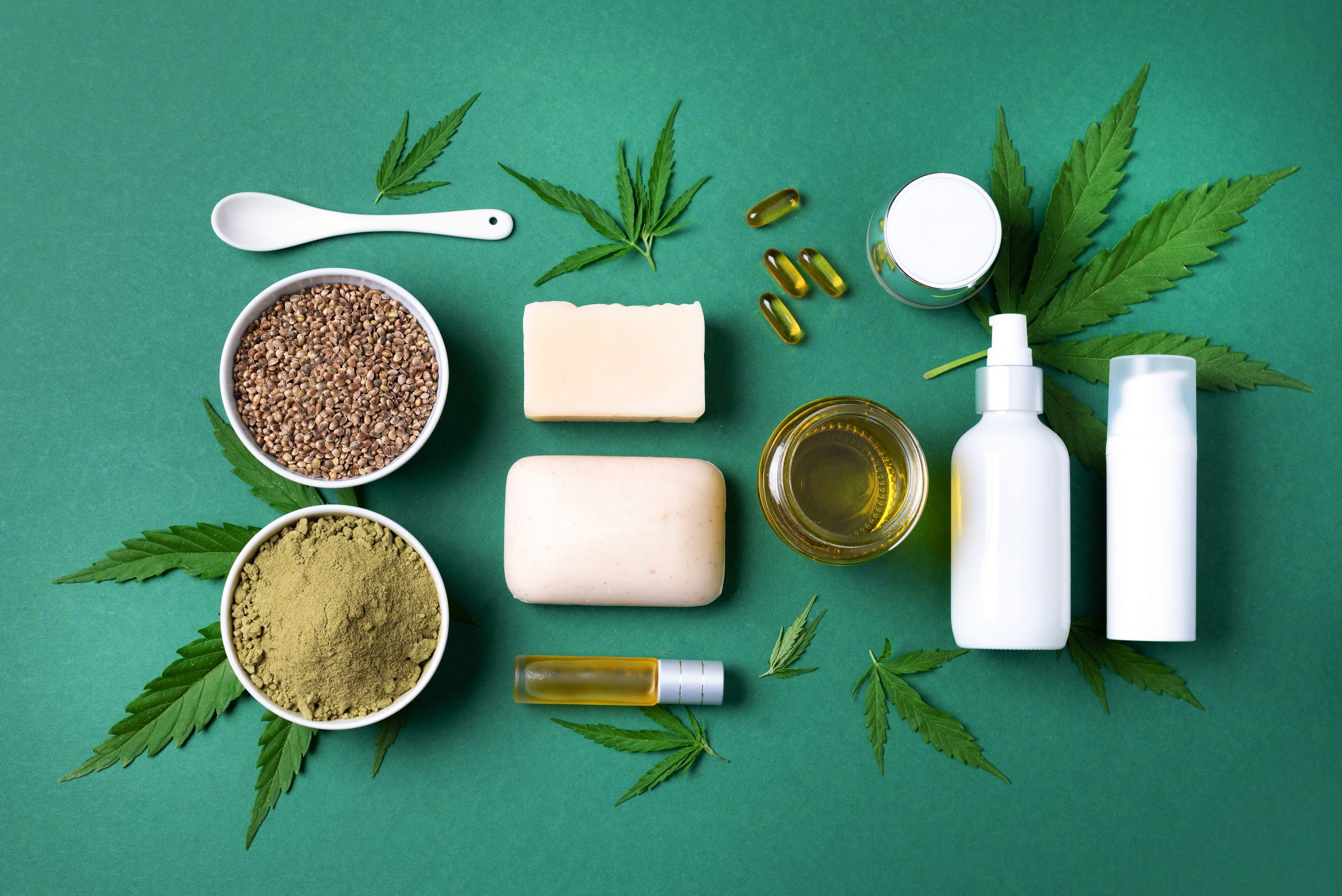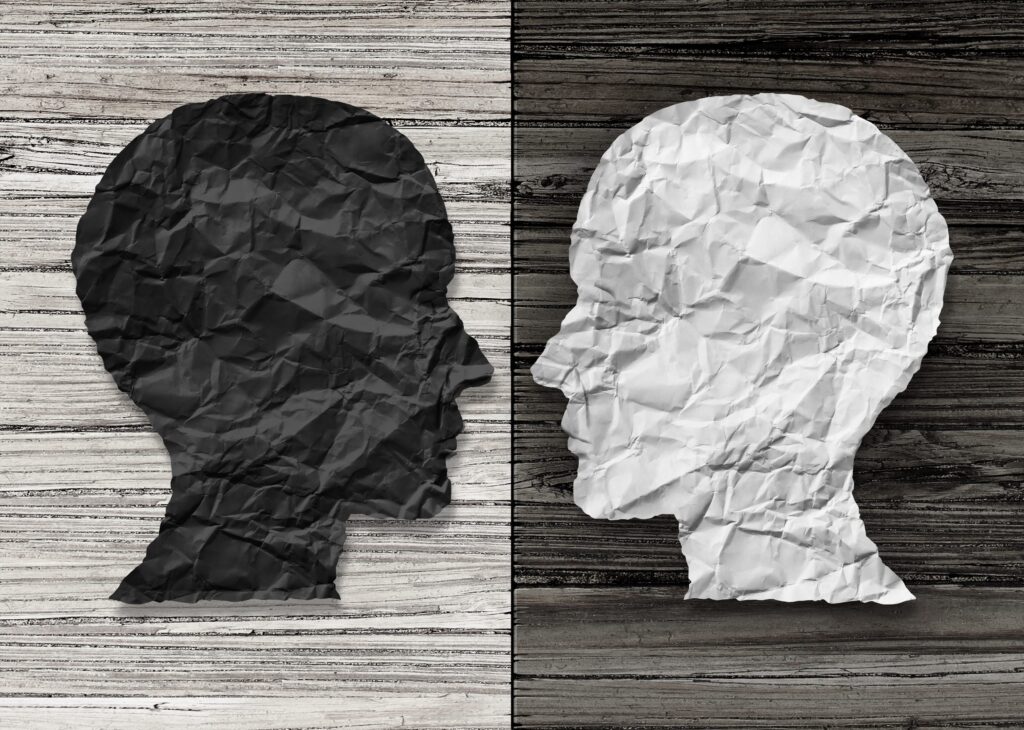We examine if CBD could have health benefits for those living with bipolar disorder and what is the best way to take it.
It is thought that one in every 50 people have bipolar disorder in the UK. That is an estimated 1.3 billion people with the condition. Bipolar UK reported it is one of the most common long-term conditions with almost as many living with it as cancer.
This is estimated to be 1 to 2 per cent of the popular with a further 5 per cent on the bipolar spectrum. It can take on average around nine years to receive a diagnosis.
What is bipolar disorder?
Bipolar disorder is a mental health condition that affects a person’s mood. It can mean that they move from one extreme mood to another very quickly.
Sometimes they can have prolonged feelings of mania or depression that last for several weeks. They may be unaware that they are in a particular phase such as manic. After the episode is over, they may be upset about their behaviour but believe people to be negative or unhelpful at that time.
Not everyone with bipolar disorder experiences the same patterns or severity of symptoms so it can be difficult to diagnose.
How can CBD help with bipolar disorder?
A lot of neurological studies on conditions such as bipolar disorder, Attention Deficit Hyperactive Disorder or Obsessive Compulsive Disorder have been conducted in recent years.
A review from 2020 examined if CBD could help to reduce the symptoms of social anxiety disorder or schizophrenia. Researchers examined 23 different studies involving both conditions and THC or CBD. It noted that CBD and CBD-containing compounds were helpful in helping to alleviate psychotic symptoms or cognitive impairments for a number of conditions. It also reported being helpful for those with ADHD, autism spectrum disorder (ASD) and social anxiety disorder. However, it highlighted it was less helpful for bipolar disorder. Although the authors wrote ‘these recommendations should be considered in the context of the limited number of available studies.’
There is a noted lack of research or ongoing studies into the effects of cannabinoids such as CBD or THC on conditions such as bipolar disorder.
Could THC work better than CBD for this condition?
An older study from 2010, revealed that cannabis could improve brain function in patients with the condition. The study took 133 with bipolar disorder and 140 with schizophrenia. The bipolar disorder group reported they had reasoning speed, attention and memory with cannabis use but the opposite was found for those with schizophrenia. However, this was on cannabis which contained tetrahydrocannabinol (THC) not just CBD on its own.
A study from 2016 examined if cannabis could help to alleviate symptoms in patients with the disorder while not having a negative impact on cognitive performance. Researchers determined that cannabis use was associated with lower anger, tension and depression scores in BPD patients. However, there was no sign of significant differences when it came to cognitive performance in comparison to those who didn’t use cannabis.
Researchers concluded, “The current study highlights preliminary evidence that patients with BPD who regularly smoked cannabis reported at least short-term clinical symptom alleviation following cannabis use, indicating potential mood-stabilizing properties of cannabis in at least a subset of patients with BPD.”

What CBD is best for bipolar disorder?
The easiest way to take CBD for BPD is to incorporate it into a routine. If a person is in a particular phase where they don’t remember or want to take medication regularly then it can help to make it part of their every day.
This could mean adding edibles to your breakfast or lunch meal, popping CBD oil into food or adding a vape that can be used when a person needs a dose at a particular time
How can CBD help with bipolar manic phases?
A case study from 2008 examined two patients with BPD 1 experiencing manic disorders who were undergoing therapy. The study reported that CBD did not help manic episodes. The patients were given a mix of placebos, CBD and olanzapine. They reported slight improvements while on CBD and medication combined. However, there were no improvements on just CBD alone. Both patients reported no side effects.
Is CBD safe to take with bipolar medication?
If you are unsure of the safety of any supplement, drug or holistic treatment, it is important to speak to your doctor.
Studies are ongoing when it comes to the grapefruit warning and drug interactions.
CBD may affect the enzymes in the liver which could potentially interact with how your body absorbs different medications. This could be something to watch out for as antipsychotics, mood stabilisers or anxiolytics can sometimes be prescribed for bipolar patients.
Speak to your doctor if you are starting to take any medications or CBD and are worried it may have an effect.
How can CBD help with bipolar depressive phases?
CBD may help with reducing the depressive phase experienced as part of BPD. The endocannabinoid system in our bodies has a number of receptors such as 5-HT1A. It is thought that CBD binds to certain receptors to give them a nudge to start working.
It is thought that CBD may have a positive effect on 5-HT1A receptors in our brains which control our serotonin. Serotonin is a hormone that influences our mood, well-being, and happiness.
In an animal study on CBD and these receptors, researchers reported that it had anti-depressant and anti-anxiety effects. Although it’s worth noting this wasn’t on BPD in particular.

How to use CBD for bipolar disorder
For CBD to work, a person needs to research how best to take it, give it time to work and be prepared to change methods if needed.
Learning how to take CBD can help you avoid wasting the product or believing that it doesn’t work. An oil, for example, has to be left under the tongue for 60 seconds to allow it to sink into the mucous membrane there which absorbs it into the bloodstream. However, there are still people who believe they need to swallow an oil immediately when they take it. Allowing it to absorb properly means it has a higher chance of working.
It also needs time to build up in the system too so that it can begin to work. The saying, ‘start low, go slow’ is a good mantra to have when deciding how to start your dosing. You can always increase the dosage if you need to when it comes to CBD.
Some methods may suit some people. Oil may be too messy for some who prefer how easy vaping can be. Alternatively, people may prefer the taste of edibles. It’s worth assessing different methods and seeing how easily it fits into your life.
How do I know if CBD is working?
Keeping a journal or a note in your diary is the best way to record any changes.
This can be an easy way to spot any increase or reduction in your symptoms over time. Assess the dose, the brand or the method you are taking before noting how you feel. You should start to see a difference after a while. If not, examine if you need a lower or higher percentage of CBD.
The post CBD Guides: Could CBD help with Bipolar Disorder? appeared first on Cannabis Health News.



